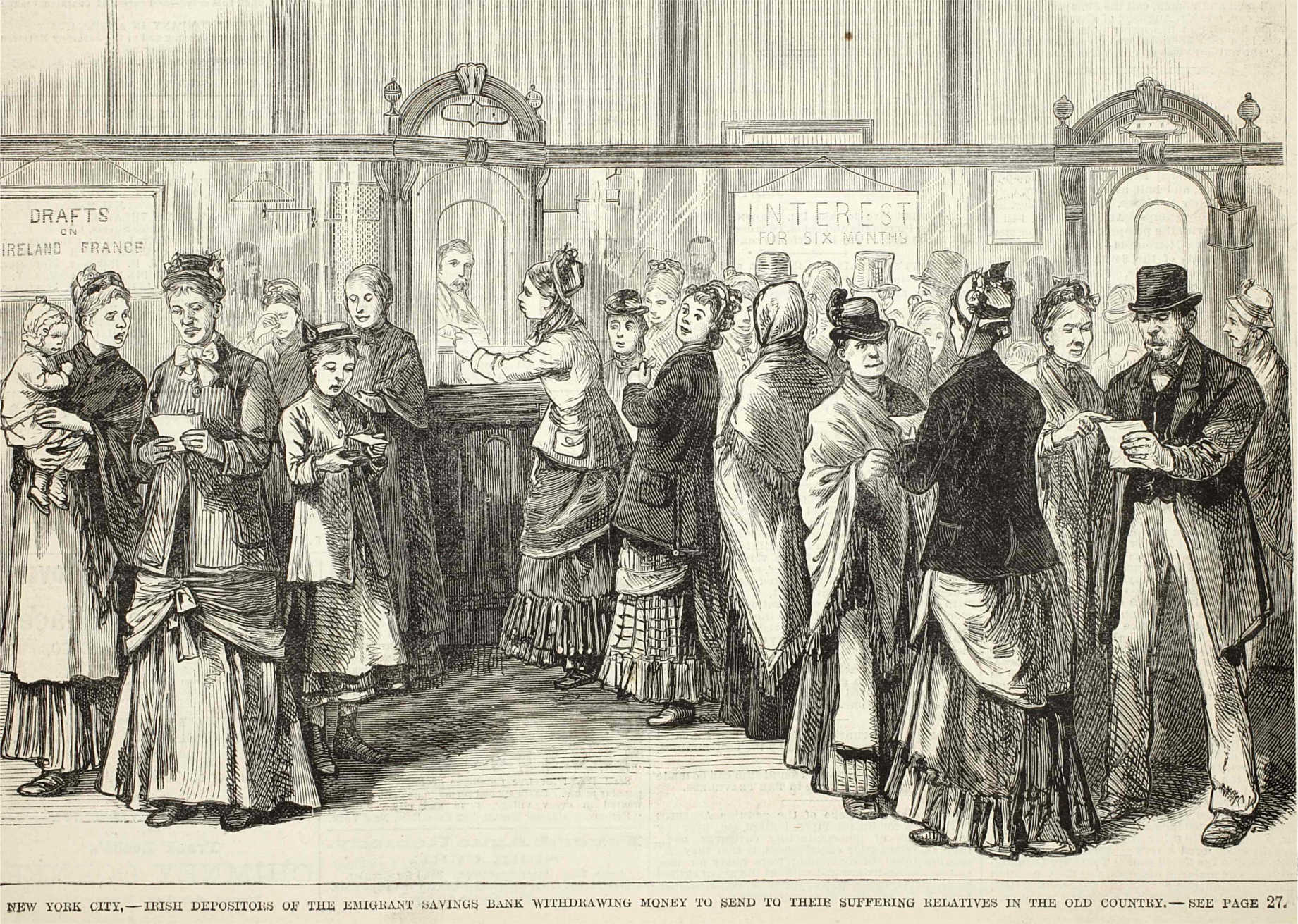
NEH funding supports a broad range of humanities research and helps make that research accessible to the public, as with Civil Rights in Black and Brown, an oral history project featured here. Image courtesy of Civil Rights in Black and Brown.
Humanities research offers critical insights into our past and present, helping us prepare for the future.
Through its fellowship programs, the National Endowment for the Humanities (NEH) supports groundbreaking work in fields such as history, literature, philosophy, linguistics, and archaeology. With funding for preservation, digital humanities, and public programs, the NEH also supports a broader research ecosystem, ensuring that the public benefits from humanities research and archival collections necessary to research are preserved and made accessible.
NEH-funded research informs us as we grapple with major challenges. For example, Julie Fairman’s research on the history of nurse practitioners prepared her to work with state legislature, government agencies, and other organizations to improve healthcare regulations. Alan Kraut’s research into U.S. immigration law helped him serve as a historical consultant to the Office of Special Investigations at the U.S. Department of Justice while the office investigated Nazi war criminals living in the United States. And the IMPACT Radiological Mummy Database brought together teams of cardiologists, anthropologists, and archaeologists to offer new insights into the origins of heart disease in ancient peoples, work that is having a continued impact on heart health research today.
NEH support for digital research has made new and more comprehensive archives broadly available. In the 1990s, NEH funding for projects such as The Valley of the Shadow, an archive of Civil War-era materials, paved the way for other online projects that facilitate humanities research. Today, Slave Voyages, Moving Beyond “Rags to Riches,” What Middletown Read, Digital Archaeological Archive of Comparative Slavery, and other projects enable data-rich approaches to research, allowing scholars, genealogists, and others a more comprehensive view of the lives of people who would otherwise be lost to history.
NEH support for archival collections ensures that researchers can glean new insights from the past. Preservation grants ensure that major collections—such as the Founding Fathers’ papers and the Chronicling America collection of historical newspapers—are accessible now and preserved for future generations. Funding for conservation ensures that everything from fragile manuscripts to images, videos, and digital files (formats that are surprisingly unstable) are preserved and accessible to researchers and the public alike.
NEH funding makes humanities research broadly accessible. The NEH’s Public Scholar program supports the writing and researching of high-quality non-fiction books–like One World Trade Center: Biography of the Building—aimed at broad reading audiences. And through a partnership with the Andrew W. Mellon Foundation, the NEH’s Humanities Open Book Program has enabled 12 university presses to digitize and make freely accessible some of their most popular titles. At Cornell University alone, NEH funding supported the publication of 102 e-book editions, available on platforms such as Cornell Open, JSTOR, Project MUSE, and Kindle. From 2017–June 2019, books and book chapters digitized by Cornell University Press were downloaded more 380,000 times.
